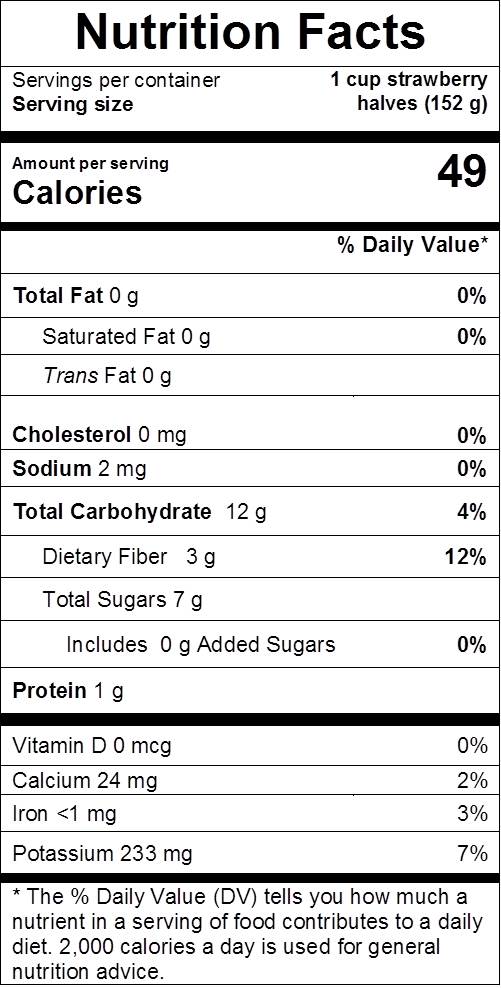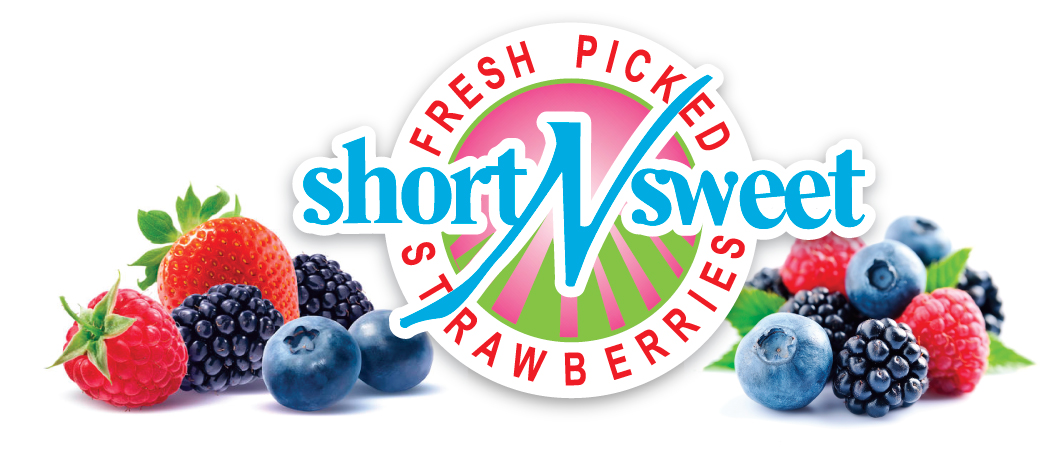Wild strawberries have grown around the world since ancient times, however, not in large amounts as the fruit was hard to grow, had tiny size, or lacked much flavor. By the 1300’s the strawberry was growing more prominently in Europe. The French first began transplanting the wild strawberry in domestic, commercial farms. In the 1600’s, the Virginia strawberry of North America had reached Europe. Breeders
Strawberry
raised more than 30 new varieties over the next several years while experimenting with many plant crossings. A French spy brought the Chilean strawberry variety to France in 1714, which produced large fruit, but didn’t yield well and was relatively soft.
These two new varieties of strawberries were crossed in Europe, creating the parent of the modern strawberry. The English did a lot of the very early breeding work to establish the ancestors of the selections we appreciate today, and the French were the ones who ultimately bred the European & Chilean Varieties with the Virginia variety of North America. All modern-day strawberry selections have descended from a cross between Chilean, European, and North American varieties. ‘Hovey’ was the name of the very first American strawberry variety that arose from a prepared cross, and is also an ancestor of most contemporary selections.
Berry Availability
Fresh Strawberry sales totaled more than $3 Billion in 2017, and it’s not hard to see why. Strawberries are packed with vitamins and nutrients:
Potassium: is an essential nutrient to stabilize electrolytes, aid muscle contraction, and maintain healthy blood pressure. One serving of strawberries gives five percent of the Daily Value for potassium.
Folate: is just one of the B vitamins present in different foods such as strawberries, oranges, leafy veggies, and beans. Folate also helps prevent congenital disabilities for women at childbearing age. Scientists report that people who eat strawberries have greater regular folate consumption than those who reported not consuming strawberries.
Vitamin C: is a water-soluble vitamin with powerful antioxidant capabilities crucial for numerous biological functions, especially for healing injuries and supporting the immune system. One serving of 8 medium strawberries gives 110 percent of the advised Daily Value.
Fiber: Epidemiological researches report that people who eat higher amounts of fiber have a reduced threat of cardiovascular disease. Nutritional fiber has widely known health advantages such as lowering cholesterol as well as promoting a healthy gastrointestinal system. One serving, or eight medium strawberries, gives three grams of fiber, making this fruit an excellent resource of natural fiber.
Anti-oxidants: essential in preventing chronic illness and promoting optimum wellness. Studies reveal that the antioxidants in strawberries are effectively taken in within one hour after being eaten. In some research, strawberries ranked second among the leading ten fruits in antioxidant capability (TAC), which is one reason they could prevent cancer and heart disease.
With the many vitamins and minerals present in strawberries, eating them has many health benefits
Heart: A Harvard research study found that normal intake of anthocyanins, a course of flavonoids found in berries, could decrease the risk of a cardiovascular disease by 32 percent in young and also middle-aged females. Other research studies have revealed that consuming strawberries assists to lower homocysteine levels, an amino acid in the blood associated with harming the internal lining of arteries. The potassium and fiber strawberries also support heart wellness.
Stroke: The anti-oxidants quercetin, kaempferol, as well as anthocyanins have all been revealed to lower the development of dangerous embolism linked with strokes. High potassium intake has also been proven to reduce the threat of stroke.
Cancer cells: The powerful antioxidants in strawberries could inhibit tumor development and lowering inflammation in the body.
Blood Pressure: strawberries are recommended to those with high blood pressure in order to help negate the impacts of sodium in the body. According to the National Health as well as Nourishment Exam Study, less than 2 percent of American grownups satisfy the everyday 4,700-milligram recommendation for potassium. Likewise of note, high potassium intake is linked with a 20 percent reduction in the risk of passing away from all causes.

Irregularity: Eating foods that are high in water material and also fiber, like strawberries, grapes, watermelon, as well as melon can help maintain hydration and regular metabolism. Fiber in strawberries is essential for minimizing irregular bowel movements and also adding mass to the stool.
Diabetes mellitus: Researchers discovered in 2011 that eating around 35 strawberries a day can significantly minimize the complications of diabetic issues, such as kidney disease and also neuropathy.
Maternity: Strawberries are an excellent source of folic acid. Adequate folic acid intake is vital for expecting females to shield against neural tube issues in babies.
When in store, make sure to select berries that look firm, have good red color, green, healthy stems, and a sweet aroma.

Western Veg-Produce, Inc.
PO Box 82217
Bakersfield, CA 93380
Office: 1-800-WVegPro (983-4776)
Fax: 1-661-637-2365
Sales: sales@wvegpro.com
Accounting: accounting@wvegpro.com



